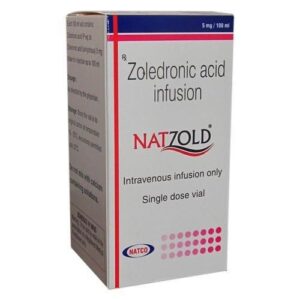OSTEOPOROSIS
Osteoporosis is a condition that weakens bones, making them more prone to fractures. It is characterized by low bone mass and deterioration of bone tissue, resulting in fragile and brittle bones. The condition primarily affects older adults, especially women after menopause, but can also occur in younger individuals with specific risk factors.
When it comes to treating osteoporosis, medications play a crucial role. These medicines aim to slow down bone loss, increase bone density, and reduce the risk of fractures. There are different types of medications available, including bisphosphonates, hormone therapy, denosumab, and selective estrogen receptor modulators (SERMs).
Bisphosphonates, the most commonly prescribed medications, work by inhibiting bone cells that break down bone tissue. Hormone therapy, mainly used in postmenopausal women, helps to lower the rate of bone loss. Denosumab is an injection that blocks substances causing bone resorption. SERMs, on the other hand, mimic estrogen in some parts of the body and help prevent bone loss.
It is important to note that medications need to be prescribed and supervised by a healthcare professional to ensure their effectiveness and minimize potential side effects. Regular monitoring and following a healthy lifestyle that includes a balanced diet, exercise, and avoiding tobacco and excessive alcohol consumption are also essential in managing osteoporosis effectively.

